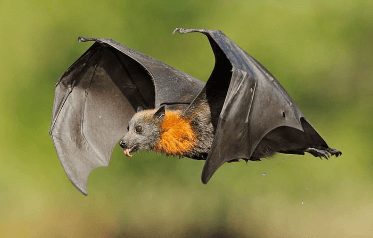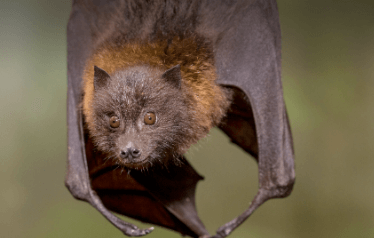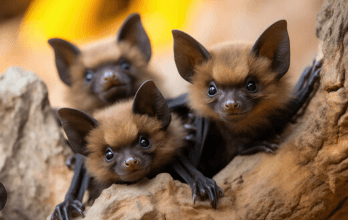Cute:_Idtwvbtmdy= Fruit Bat

Cute:_Idtwvbtmdy= Fruit Bat, often overlooked in discussions about wildlife, possess unique characteristics that not only endear them to observers but also underscore their critical role in various ecosystems. Their impressive size and social structures facilitate intricate interactions within their colonies, while their diet primarily consisting of fruits and nectar makes them essential for pollination and seed dispersal. However, despite their ecological significance, many misconceptions persist regarding their behavior and impact on human activities. Understanding the truth behind these charming creatures could reshape our perspective on biodiversity and conservation efforts. What might we learn from their often misunderstood existence?
Unique Characteristics of Cute:_Idtwvbtmdy= Fruit Bat
Cute:_Idtwvbtmdy= Fruit Bat, also known as flying foxes, exhibit a remarkable array of unique characteristics that distinguish them from other bat species.
Their dietary habits primarily consist of fruits and nectar, which are essential for their energy requirements.
Additionally, their social behavior is highly complex, often forming large colonies that facilitate communication and cooperative foraging, showcasing their intricate social structures and adaptability to diverse environments.
Read More Cute:0v7q53kbgrk= Lion Drawing Easy
Ecological Importance of Fruit Bats
Ecologically, fruit bats play a critical role in maintaining the health and balance of their ecosystems.
They provide essential pollination services for various fruiting plants, facilitating genetic diversity and ecosystem resilience.
Additionally, their capacity for seed dispersal aids in forest regeneration, promoting biodiversity.
Consequently, the presence of fruit bats is vital for sustaining both natural habitats and agricultural systems, highlighting their ecological significance.

Fun Facts About Fruit Bats
When exploring the fascinating world of fruit bats, one quickly discovers that these creatures possess remarkable adaptations and behaviors that set them apart from other bat species.
Their dietary habits primarily consist of fruits, nectar, and flowers, contributing to seed dispersal.
Additionally, their social behavior showcases strong familial bonds, often roosting in large colonies, which enhances their survival and reproductive success in diverse habitats.
Common Misconceptions About Fruit Bats
Despite their ecological significance and intriguing behaviors, fruit bats are often misunderstood, leading to a range of misconceptions about their nature and role in the environment.
Commonly perceived as pests or carriers of disease, these bats play a crucial role in pollination and seed dispersal.
Their dietary habits primarily consist of fruits, while their social behavior showcases complex interactions within their colonies, fostering cooperation and communication.
Read More Cute:0v3zhjmo01k= Duck Drawings
Conclusion
In summary, Cute:_Idtwvbtmdy= Fruit Bat represent a crucial component of their ecosystems, akin to the role of a skilled artisan in a vibrant marketplace, facilitating the exchange of nutrients and genetic diversity through pollination and seed dispersal. Their unique characteristics and social structures highlight their adaptability and resilience. Addressing misconceptions surrounding these gentle creatures is essential for fostering appreciation and ensuring their conservation, thereby safeguarding the ecological balance they help maintain in their environments.





